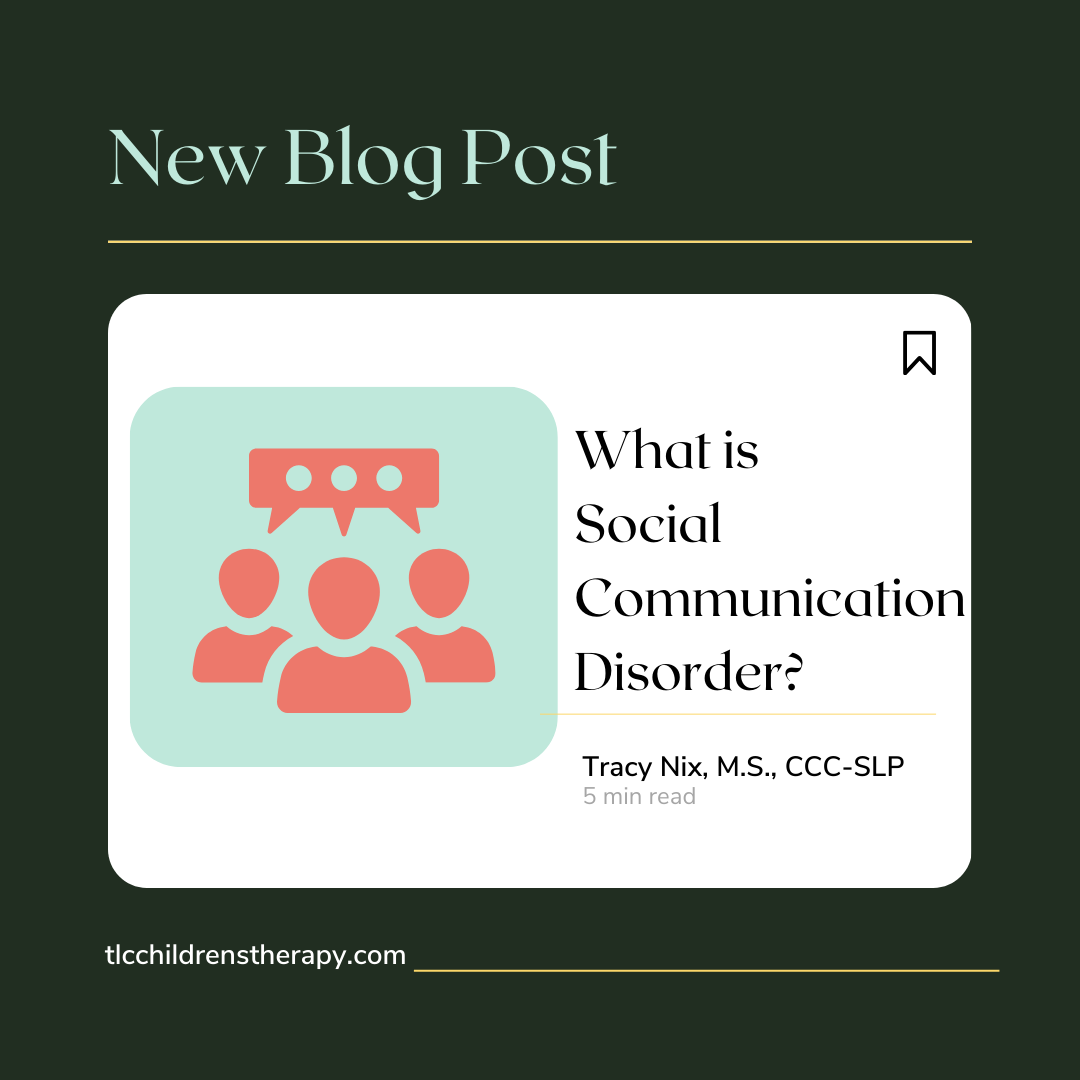
Social Communication Disorder (SCD) occurs when a person has difficulty with a specific area of language called pragmatics. Pragmatic language involves the use of language in social interactions. It’s not a problem with speech, or the mechanics of language such as grammar or vocabulary. People with SCD understand language and can use it in some contexts, but have trouble communicating effectively in social situations.
People with SCD may not understand a cultures unspoken ‘rules’ of conversation. This means they may interrupt a lot, take over conversations or say things that are off topic or out of the blue. They might struggle to interpret what other people say or understand social cues like facial expressions and body language. They often have difficulty understanding language that is not literal, like sarcasm or figures of speech. Children with SCD often have difficulty adjusting their language to their communication partner, for example speaking differently with a teacher versus a friend.
It’s not clear what causes SCD but we know it often occurs with other conditions such as autism, ADHD or language disorders. SCD is not related to intelligence. People with SCD aren’t any less smart than other people. However, SCD can cause problems at school, at work and in everyday life. People with SCD may feel frustrated or isolated because of difficulties communicating socially.
The main treatment for children with SCD is speech and language therapy. At TLC Therapy Services, we offer a neurodiversity-affirming approach to teaching social communication skills. Neurodiversity-affirming approaches provide children with the skills they need to be able to communicate and navigate social interactions confidently in their preferred way, while also empowering them to understand and advocate for their own needs and preferences. This approach to teaching social skills helps children develop positive relationships with others in a way that is enjoyable for them, and that supports their needs. If you suspect your child may have SCD, or are looking for neurodivesity-affirming social skills therapy please don’t hesitate to reach out!
